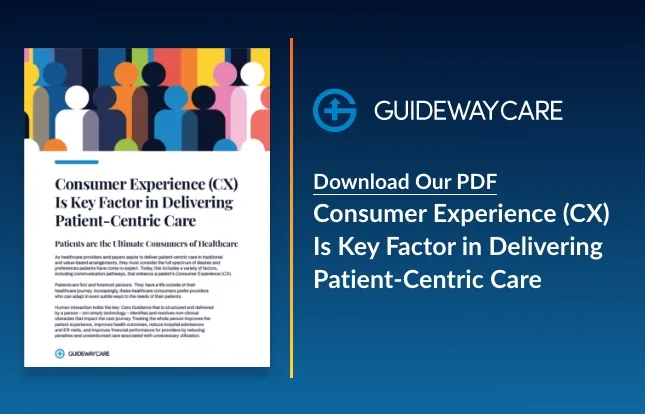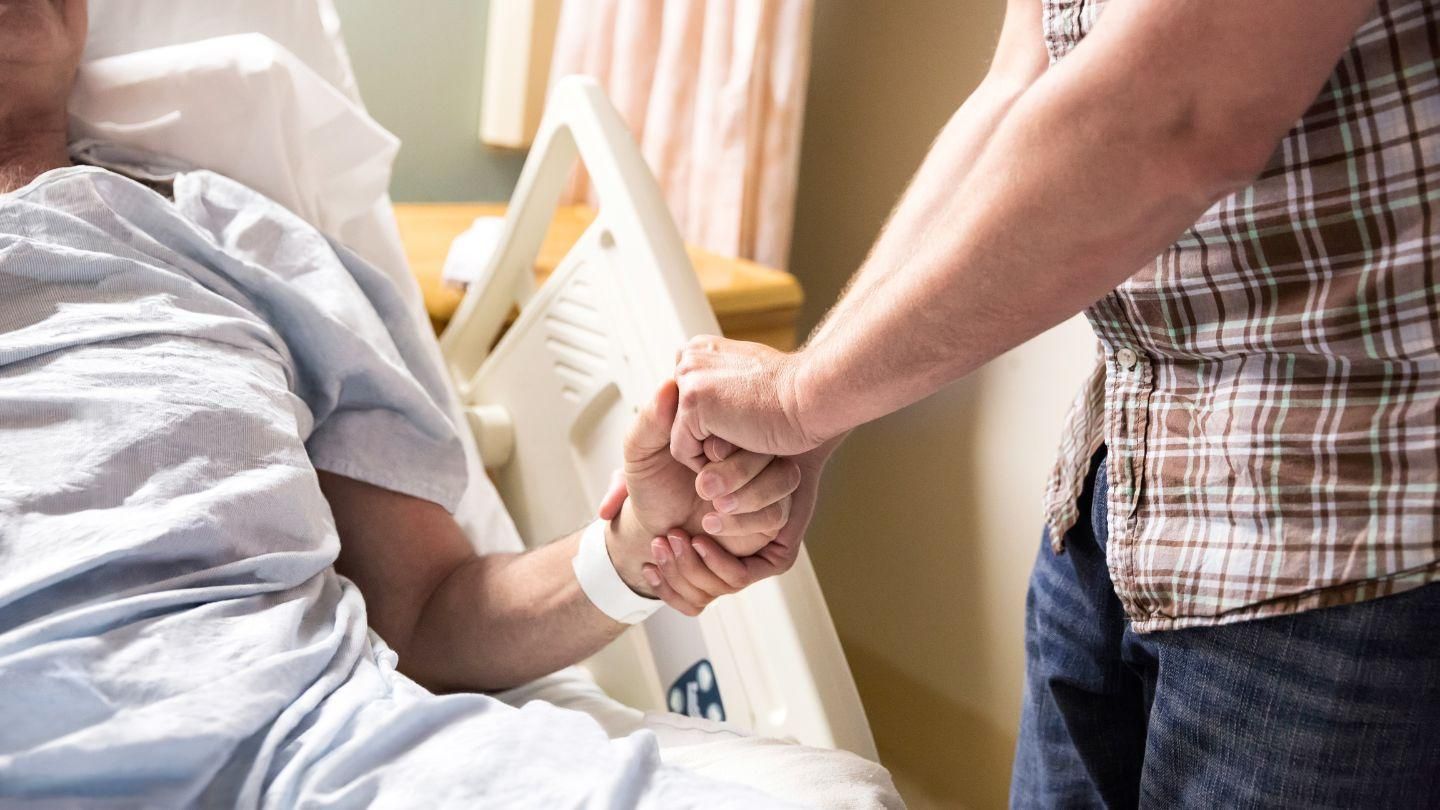Guideway Care Reinforces its Commitment to Resolving SDoH Associate with Cancer Care

Care Guidance featured in thought leadership article published in peer-reviewed OncoZine reaching the International Oncology Network.
Access full article here: https://www.oncozine.com/advancing-health-equity-for-oncology-patients/
Providing a blue print for stakeholders in oncology to resolve certain inequalities in cancer care that are linked to Social Determinants of Health (SDoH), including level of education, occupation, income, sex, race, ethnicity, place of residence and social support presence, Craig Parker, CEO of Guideway Care authored a scholarly article that was published in OncoZine: created to inform, educate and support physicians and healthcare professionals treating cancer patients.
This article reinforces the message from the American Cancer Society which is making the case for and emphasizing the importance of health equity, stating, “Cancer is a disease that affects everyone, but it doesn’t affect everyone equally.”
Defining Health Equity
This article reaffirms that everyone deserves to be treated equally to eliminate cancer disparities, from prevention and screening through treatment that can help improve the health care disparities seen in cancer care.
Parker also points out that the consequences of the factors embedded in the SDoH create negative financial impacts for hospitals and health systems, particularly for costly and complicated patient medical conditions such as cancer. According to experts, an estimated 80 percent of a person’s health is determined by nonclinical factors. Unplanned and avoidable ER visits and inpatient admissions disrupt care delivery and continue to be associated with a significant proportion of healthcare costs.
Transitioning Care
Parker helps readers to understand that many of the risk factors for admissions and readmissions fall outside of the typical health system’s visibility and control. He cites an eye-opening fact: nearly 80 percent of a patient’s variable risk is tied to social, environmental, and behavioral factors outside the health system or care episode.
Emphasizing that it becomes more important than ever to create and administer programs that work to address whole person health, Parker explains that oncology patients experiencing SDoH risk factors require amplified levels of monitoring beyond the hospital’s facilities to remotely address their whole spectrum of health and socioeconomic condition.
He also touches upon the need for supporting the Enhancing Oncology Model (EOM) introduced by The Centers for Medicare & Medicaid Services (CMS): a significant initiative to test how to improve health care providers’ ability to deliver care centered around patients, consider patients’ unique needs, and deliver cancer care in a way that will generate the best possible patient outcomes.
Learn about our Care Guidance Solution
Readers will gain an understanding of our Care Guidance solution which is taking on increased importance in the healthcare industry, particularly for cancer patients. This approach is built on peer-to-patient relationships that identify and resolve non-clinical barriers or escalate clinical issues to the proper clinical and social service teams and eliminate the consequences of these disparities which are even more pronounced among lower-income, minority and rural populations.
Parker points to the value of peer-to-patient relationships that can have important impacts in reducing levels of intimidation, confusion and anxiety that are unfortunately present for many under-resourced patients. He also articulates how hospitals, health systems and provider organizations can positively improve health equity and drive associated financial and operational improvements by utilizing this unique, proven approach of employing care guides in cancer care.
Readers will also gain insights into the value of Care Guidance to introduce opportunities for earning payment incentives, improve quality that substantiates submissions of health equity plans to CMS, drive patient engagement and adherence to treatment, and help to achieve Institute for Healthcare Improvement’s Triple Aim.
His assessment of the nursing and labor shortage offers meaningful direction in leveraging Care Guidance to free up critical time and capacity that allows nurses to focus on clinical issues – vs. attending to a myriad of barriers associated with SDoH — and work closer to the top of their license. Parker describes this proven approach that lowers total cost of care for payers and raises quality metrics in Value Based Care (VBC) arrangements.
Importance of the Human-Touch
Craig is the champion of human patient monitoring, and this article further explores how he has architected our Care Guidance to reflect this value which is focused on quality. Readers will appreciate his dedication to enhancing the patient experience, improving patient outcomes and lowering the cost of care – hallmarks of the Guideway Care approach to aligning with the goals and objectives of quality cancer care.
——————————————————————————
Just a reminder!
Guideway Care is proud to be a 2023 Platinum-level sponsor of the Association of Cancer Executives (ACE) 29th annual meeting, and sponsor a speaker session presented by David Randall, MD, Chief Strategy Officer for UAB Health on January 23 at 4:50 PM – 5:30 PM. This session will be moderated by Mark Lloyd, Vice President of Strategic Business Development, Guideway Care. His presentation aligns with recognition of the consequences of the factors embedded in the SDoH that create negative financial impacts for hospitals and health systems — particularly for costly and complicated patient medical conditions such as cancer.
Guiding the Future of Healthcare
A care guidance solution requires collaboration with like-minded partners dedicated to improving health and welfare for entire communities. As your partner, Guideway delivers on the promise of health equity.
Please contact us if you have questions or need support.
Contact Us Today To Learn How We Can Help
"*" indicates required fields




